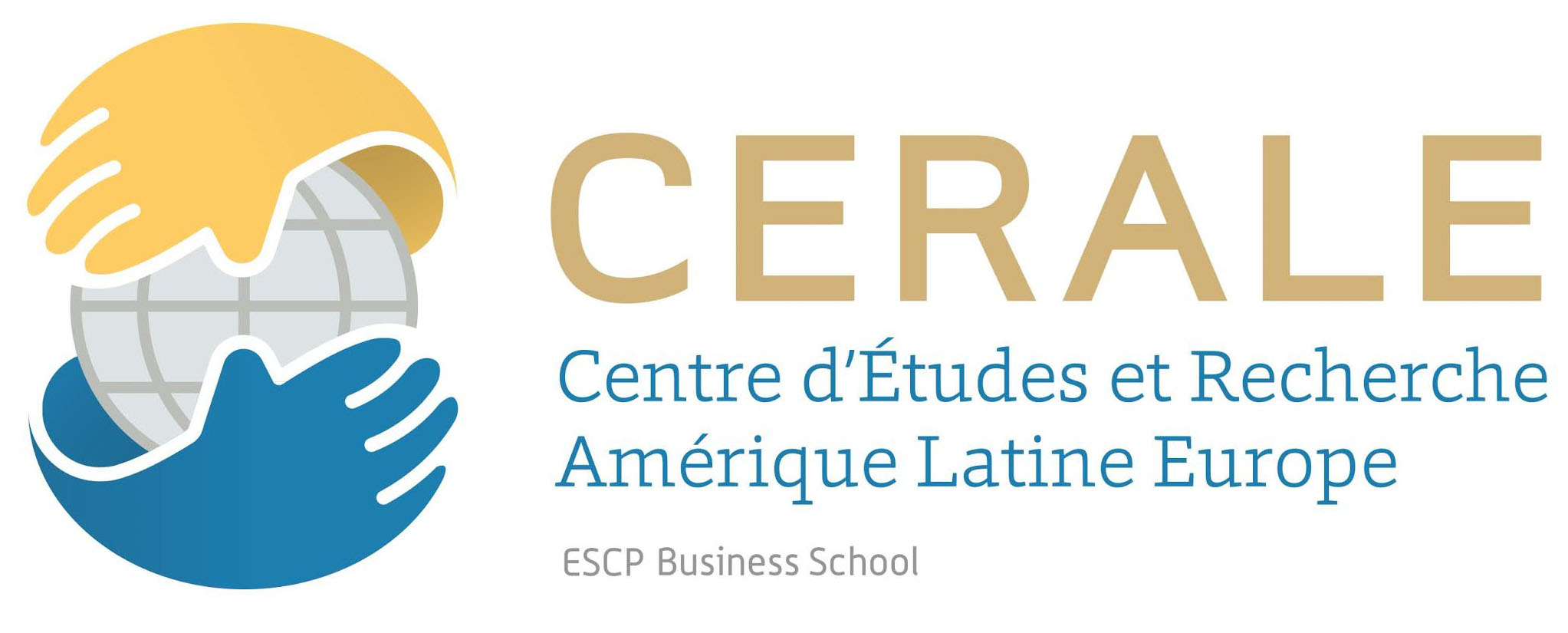Understanding the outcomes of private regulations for corporate social responsibility in global value chains
We are pleased to inform you that Pilar Acosta-Collazos will defend her dissertation untitled «Understanding the outcomes of private regulations for corporate social responsibility in global value chains. The case of the Colombian agro-food industry» on 27 november 2015, 2 pm at ESCP Europe, Paris Campus, Room 4210.
Supervisors: Prof. Olivier Delbard & Prof. Aurélien Acquier
Defense Committee:
Prof. Sandra Charreire-Petit, Université Parie Sud (reporter)
Prof. Corinne Vercher, Université Paris 13 (reporter)
Prof. Géraldine Schmidt, Université Paris 1 Panthéon-Sorbonne
Prof. Luciano Barin-Cruz, HEC Montréal
Abstract:
Since the 1990s there has been an escalating number of codes of conduct, self-regulatory schemes and multi-stakeholder initiatives aiming to monitor corporate social responsibility (CSR) in the context of global value chains. Because these initiatives lack legal enforcement they fall into the category of private regulations. Despite increasing concerns of worldwide degradation of social and environmental conditions, the effectiveness of private regulations is still elusive. Taking three distinct approaches, this research examines the outcomes of private regulations through a local, bottom of the chain perspective. We analyze how a supplier of a multinational subsidiary in the agro-food industry receives, understands and implements a supplier development program. We study 1) the inscription of private regulations in a long history of political roles undertaken by local companies in a developing country, namely Colombia. This sheds light on how private regulations can jeopardize the governance of corporate social responsibility in the industry. 2) The process of deployment of a private regulation at the intra-organizational level, looking at how it progressively transforms pre-existing notions of business involvement in society. We highlight two mechanisms leading to the disembedding of local actors from their geographically proximate communities, and re-embeddeding them into global notions of CSR. 3) The adoption of each demand included in a private regulation leading to understand heterogeneity in the adoption process. To bring these aspects together, we also evaluate to what extent demands from multinational subsidiaries are diffused to other levels of the supply chain. Overall, our results contribute to the literatures of political CSR and global value chains by expanding upon how these dynamics operate within a developing nation.
Keywords: global value chains, political CSR, embeddedness of CSR, food industry, Colombia.

